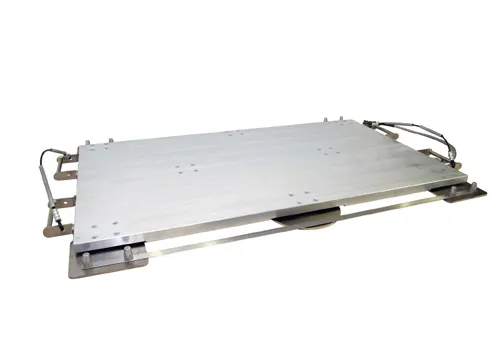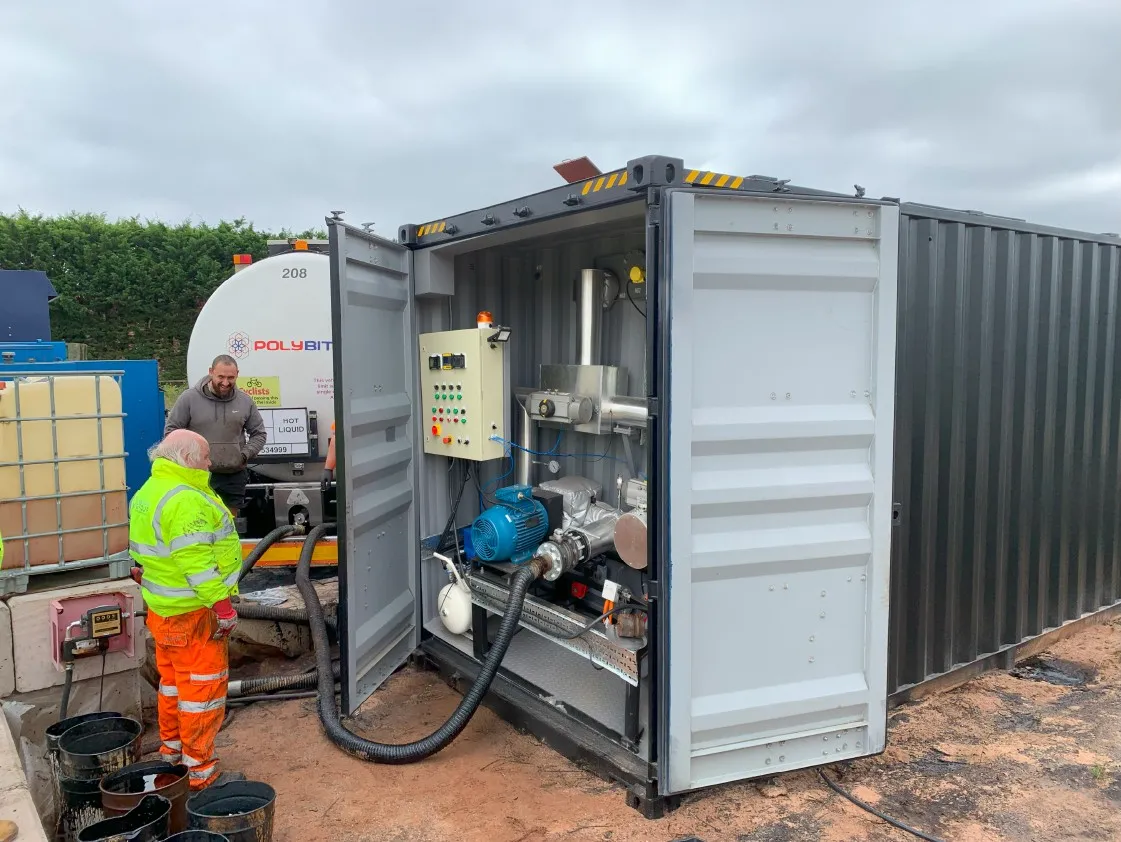Hyundai's research indicates that battery replacement costs are a big barrier to the consideration of a hybrid vehicle. The company recognises demand for hybrids is limited because because of barriers to customer adoption such as uncertainty about the technology and performance. "By offering the Lifetime Battery Replacement Guarantee, Hyundai is addressing customer concerns and demonstrating our confidence in the durability of our product," said Michael O'Brien, vice president, Corporate and Product Planning.
The Hybrid Sonata, with the company’s hybrid blue drive technology, features a lithium polymer battery pack, making Hyundai the first automaker in the world to incorporate this very efficient battery technology into production vehicles. Lithium polymer is the next generation of lithium ion technology and is ideally suited to automotive applications thanks to a robust and reliable chemistry.
The lithium polymer cells, developed with Hyundai's partner LG Chem, use a manganese spinel chemistry that provides an excellent balance between power delivery, energy density and thermal stability. Thermal stability is critical to ensuring durability, eliminating the need to replace the battery pack during the normal lifespan of the vehicle. The electrodes in older lithium ion chemistries expand and contract with the heating and cooling that occurs during charging and discharging. This thermal expansion causes cracks in the electrodes which ultimately reduces the cell's ability to hold a charge. Manganese spinel lithium polymer cells have much lower expansion rates and are thus able to go through tens of thousands of charge cycles even without having to use a heavier, liquid cooling system.








